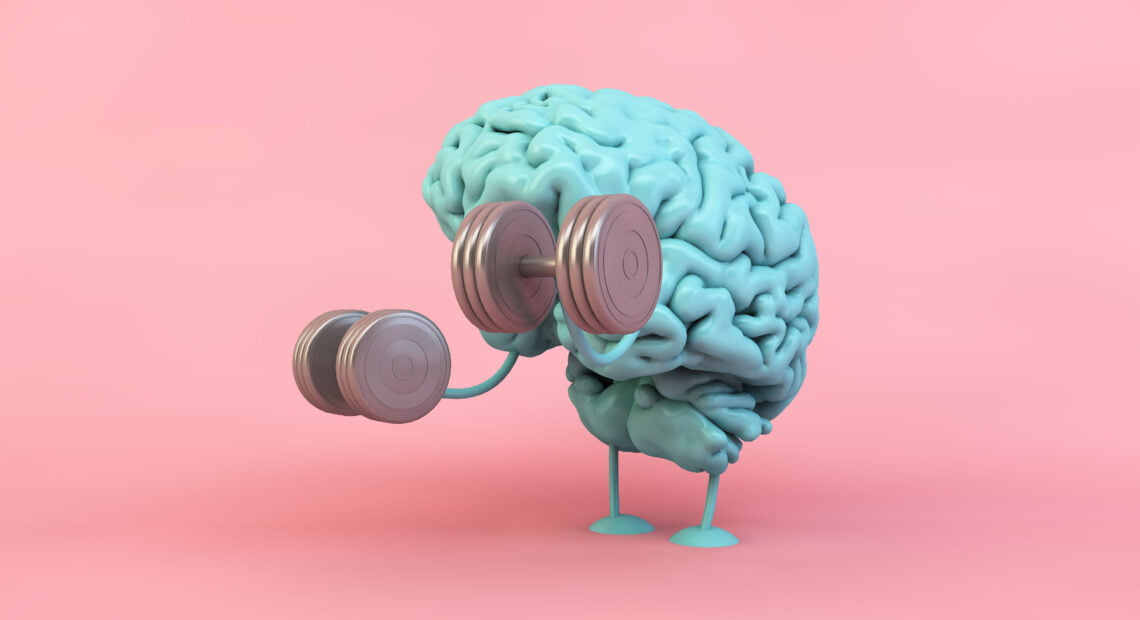Boost Your Brainpower With These 10 Hobbies

Wondering how to release tension after a stressful day and enhance your intelligence simultaneously? Great, because what you do in your free time can significantly affect the level of productivity, creativity and quality of life overall.
Hobbies are not only remedies for stress relief. There are some types of leisure activities that not only bring pleasure but also boost your brainpower.
Explore fresh ideas from the list below, find an appealing hobby and surprise your brain with a new beneficial habit:
1. Meditation

Meditation positively affects the human brain and boosts productivity. Studies have shown that meditation bolsters the prefrontal cortex, the area of the brain that regulates our focus and self-discipline. In other words, regular meditation will assist your brain to work efficiently and make thoughtful decisions on a neurological level. This also means you will learn how to control your own emotions and feelings, thus feel more confident and even happier.
2. Sports
Any kind! The smartest people of all ages devoted a significant part of their time to physical exercises. Socrates was a wrestler, Kant could not live a day without walking a dozen miles in Königberg… Besides, relying on Neuroscience magazine’s experiments on monkeys, the ones who did physical exercises regularly mastered new tasks and performed them twice as fast then the other primates.
Thus, sports improve neural connections in the brain, enhance blood flow and promote productiveness on brain functionality. Of course, you do not have to sign for Thai boxing classes tomorrow, but you could always start jogging in the park nearby. It is convenient and free!
3. Gardening

It is a surprisingly effective and useful hobby for the brain. When you grow vegetables, fruits or flowers, you reduce the level of cortisol, the stress hormone, therefore, your attention and focus are improved. The positive emotions from coming to your garden and enjoying the views of nature or contemplating the results of your work also benefit your brain, making you a happier, and, therefore, a more productive and creative person.
4. Knitting
Experts claim knitting is a great way to deal with anxiety, depression and even chronic pain. The benefits of working with hands can be compared to the effect of meditation. Knitting activates the parasympathetic nervous system and dulls the “hit or run” reaction. Thus, it can help restless people to slow down and finish their work in a shorter time.
5. Playing a Musical Instrument
Many studies have proven that playing a musical instrument enhances creativity and memory, brushes up linguistic skills, fine motor skills and much more. No matter what you are playing, a guitar or a violin, the corpus callosum, connecting the hemispheres, creates new neural connections in the brain. An improvement in the state of this organ entails an increase in the level of executive skills, memory, the ability to solve problems and the functioning of the brain as a whole, regardless of how old you are.
6. Reading

No matter what you read, whether it is a romantic novel or an article in The New York Times, the benefits will be the same. Reading lowers stress levels which makes you more focused and relieved. Assistance in solving problems, forming a single core of knowledge for better daily navigation, identifying relationships, understanding processes, empathy – all these qualities boost by systematic reading.
7. Learning New Languages
The ability to speak multiple languages is advantageous not only in career opportunities but in traveling, understanding foreign cultures and discovering new information without wasting time on Google Translator.
Learning a second language may help you boost concentration on a certain task, as well as protect your memory. It preserves the active mechanism by which knowledge contained in your brain is processed.
8. Chess

The research article about Chinese board-game players showed that chess players have a good memory and learn quickly because they have a highly developed neural network. When playing chess, new brain connections are actively formed: the more of them exist, the faster the information is transmitted. Thus, undoubtedly, such activity positively influences the understanding of speech and coordination and so increases the learning speed. Even an amateur chess player will be able to solve problems of different nature much faster.
9. Dancing
Scientists concluded that dancing positively affects brain performance for people of all ages. It improves the connection between neurons of the cerebral cortex and the hippocampus, which is responsible for the transition of short-term memory to long-term, spatial orientation and retention of attention.
10. Video Games
The regular video games playing develops spatial memory, navigation and visual-spatial skills. Such conclusions were made by American scientists in the article “The Impact of Video Games on Cognitive Activity.” They explored action games such as Call of Duty and found that first-person shooters develop the prefrontal cortex, the right hippocampus and the cerebellum.
However, Aaron Seitz, a professor of psychology at the University of California, believes that cognitive abilities develop only if you play no more than an hour a day. So don’t get too carried away!











